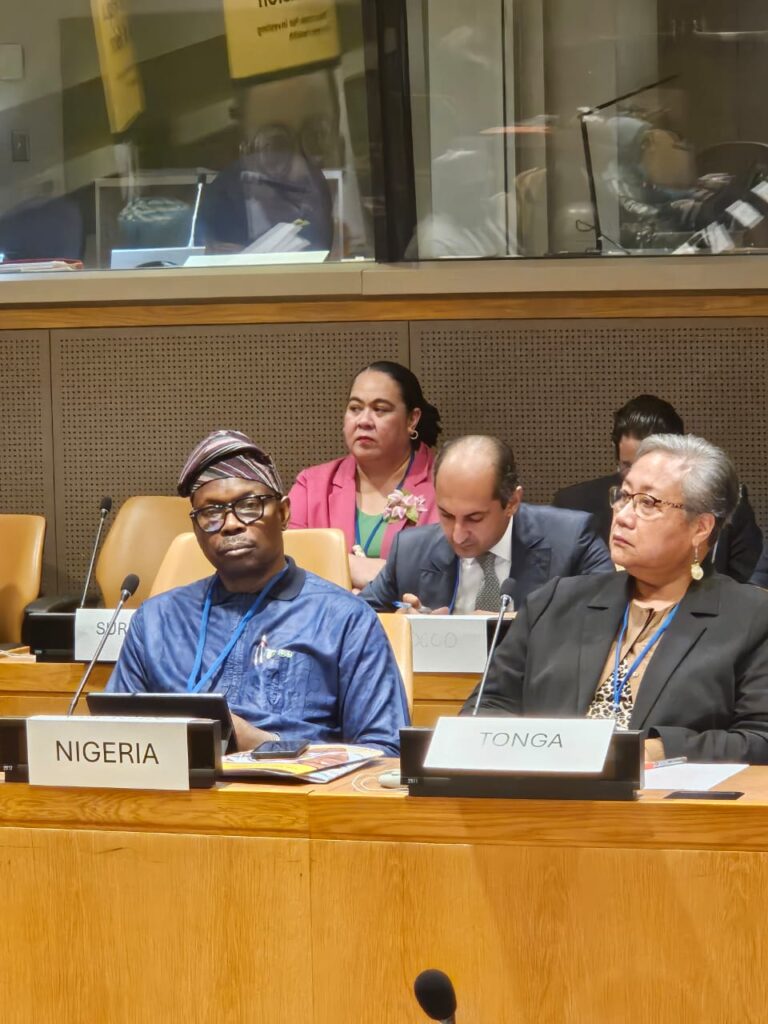The Federal Government has unveiled plans to provide at least five million free eyeglasses and conduct 25,000 cataract surgeries nationwide by the end of 2027, as part of efforts to improve access to quality eye care and reduce preventable blindness.
Minister of State for Health and Social Welfare, Dr. Iziaq Salako, disclosed this during a presentation at the sidelines of the 80th United Nations General Assembly (UNGA) in New York, titled “The Value of Vision: The Case for Investment.”
Salako explained that the interventions would be implemented under the expansion of the Effective Spectacle Coverage Initiative (ESCIN-JigiBola 2.0). According to him, about 1.5 million people have already been screened, with over one million Nigerians receiving free reading glasses across 16 states.
“A notable presidential initiative aimed at providing 100% subsidised spectacles through the philanthropic model and affordable glasses through the sustainability model to those in need is being implemented under ESCIN-JigiBola 2.0,” he said.
“In just one year, close to 1.5 million people have been screened and over one million people have received free reading glasses, with about 66% of beneficiaries getting their first-ever pair. The initiative is now being scaled up under the Renewed Hope Health Connect to deliver at least five million free spectacles and 25,000 cataract surgeries by 2027.”
The minister further revealed that 2,200 primary health care workers have been trained to deliver basic eye care services, noting that Nigeria is integrating Primary Eye Care into its primary health system to ensure equitable and sustainable access, especially in underserved communities.
He stressed the broader benefits of investing in vision health:
“When we invest in vision health, we create a brighter future for individuals, communities, nations, and the world. We not only prevent blindness and enhance human dignity, but also create mechanisms for the early detection of wider health problems that burden society.
“Let us therefore work together to increase investments in eye care to develop sustainable systems, promote research and development, and improve access to quality services.”
The initiative underscores Nigeria’s commitment to tackling visual impairment while boosting productivity and quality of life, especially for vulnerable populations.















